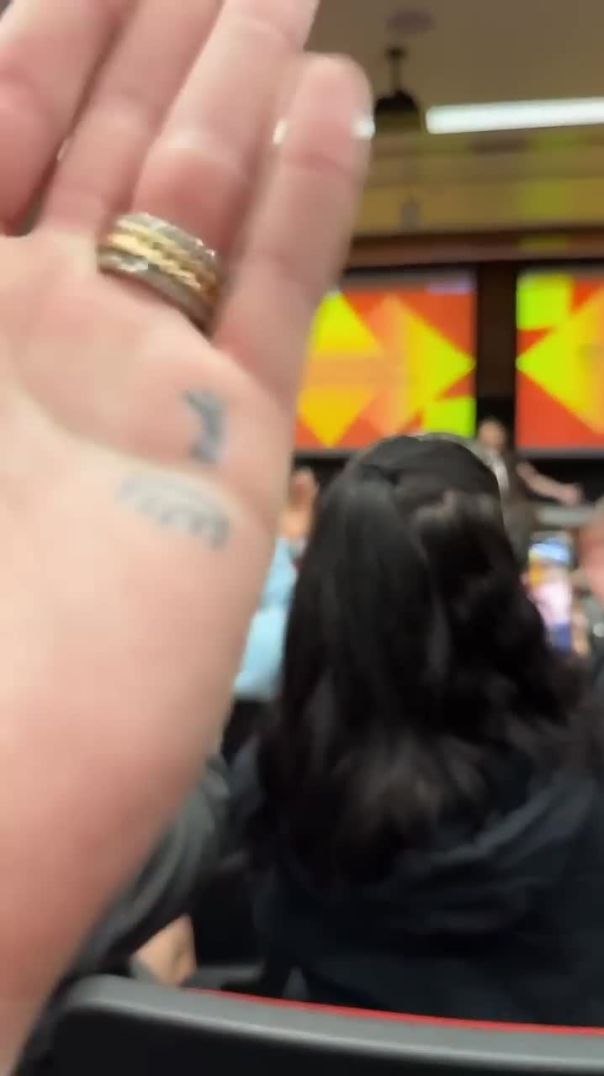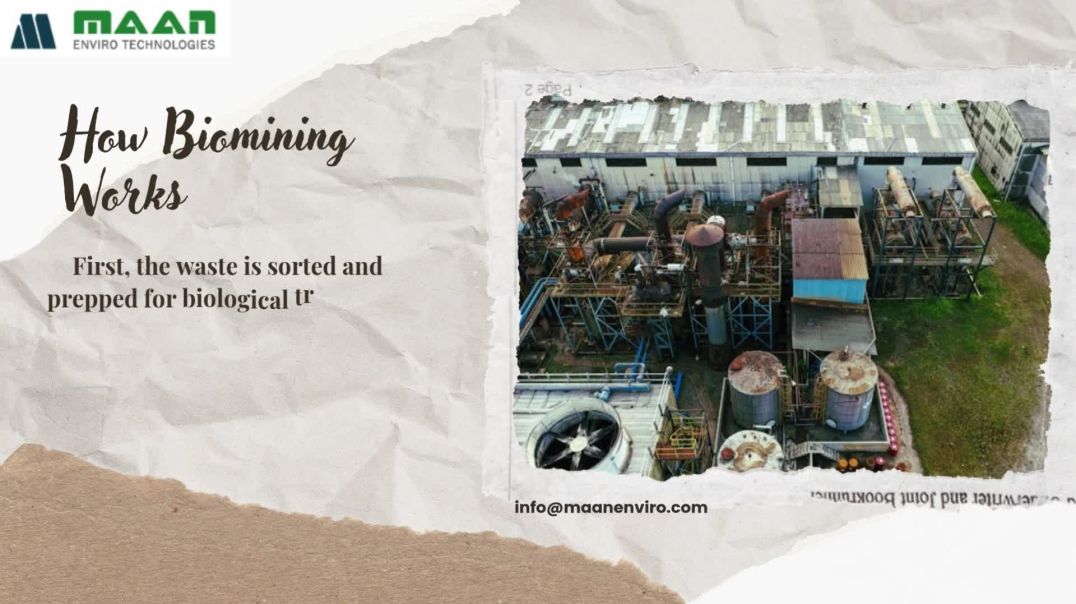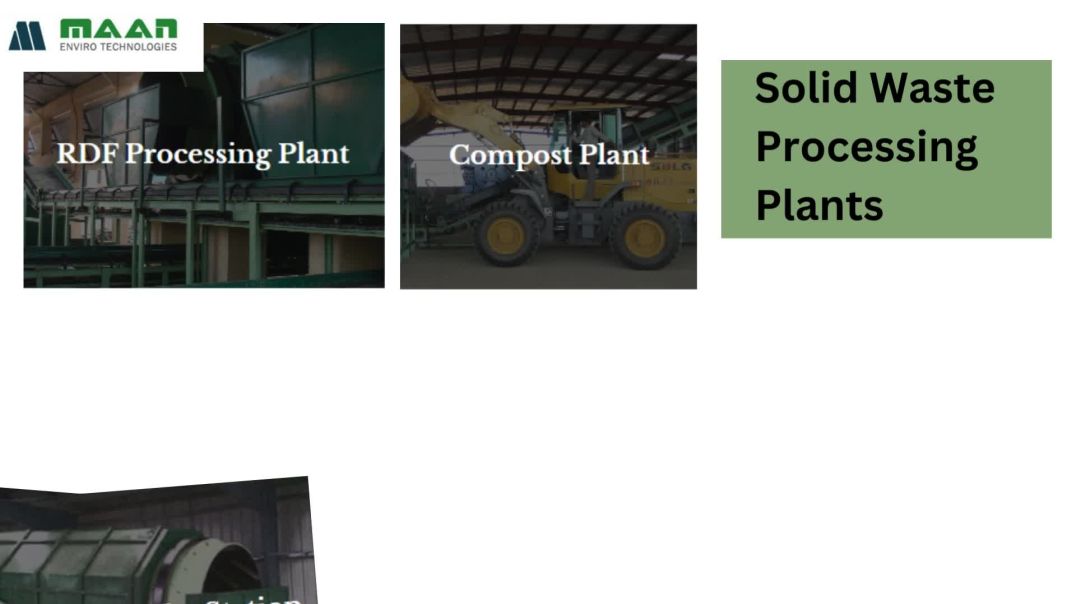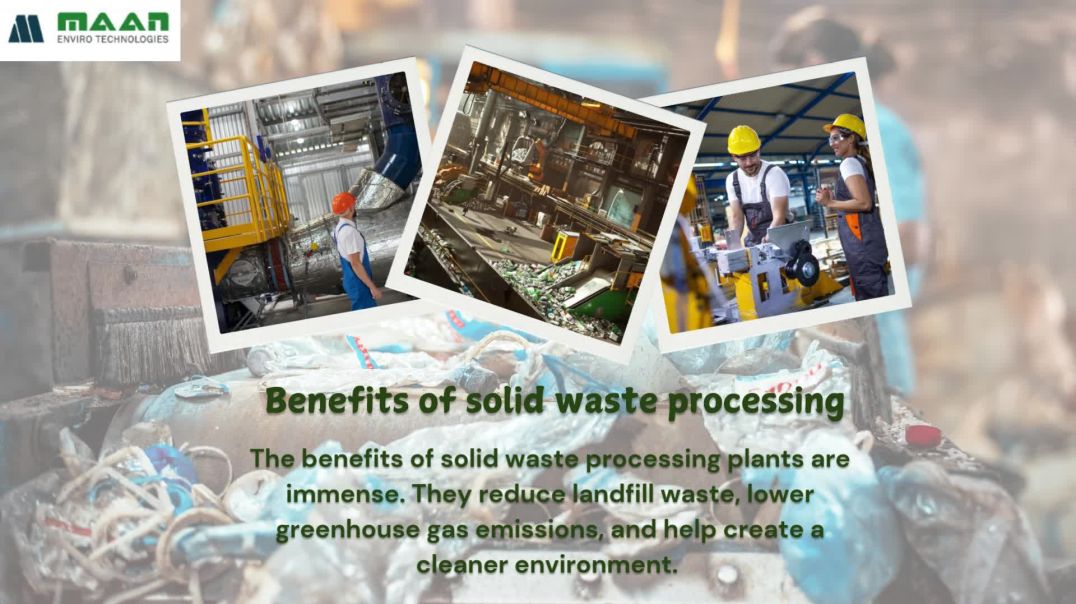15 Views· 29 September 2024
Strengthening Scientists Engagement: Shaping the Future of Chemicals, Waste, & Pollution Prevent
In March 2022, the United Nations Environment Assembly at its resumed fifth session (UNEA-5.2) countries agreed to establish an independent, intergovernmental science-policy panel to contribute further to the sound management of chemicals and waste and to prevent pollution, as set out in UNEA Resolution 5/8.
After the IPCC working on climate change and the IPBES working on the biodiversity loss, the new panel aims at providing policymakers and stakeholders with a unified voice based on the best available science on the third pillar of the triple planetary crisis: the issue of chemicals, waste and pollution prevention.
The panel will support countries to take action on chemicals, waste and pollution prevention, including to implement various international instruments such as multilateral environmental agreements (MEAs), by providing policy-relevant scientific advice. The Panel will also further support relevant MEAs, other international instruments and intergovernmental bodies, and other relevant stakeholders in their work.
An ad hoc open-ended working group (OEWG) process has been initiated to prepare proposals for the panel, its structure, rules and processes. The work of the OEWG is to be finalized at the beginning of 2025, which will allow the subsequent creation of the Panel.
The broad participation of the scientific community in the Science-Policy Panel will be key to ensuring that the Panel meets its objectives. It will be central to ensure the Panel’s work is interdisciplinary, ensuring contributions from experts with a broad range of disciplinary expertise; has inclusive participation, including indigenous peoples; and has geographical, regional and gender balance. It is also central to make sure that the Panel is able to deliver outputs that are policy relevant without being policy prescriptive.
The secretariat of the OEWG, with the support of the Geneva Environment Network, is organizing a webinar to present the SPP to the wide scientific community, including scientists, scientific institutions, networks and journals, to raise awareness and get prepared to engage and involved in the SPP’s activities once established. The webinar is aimed at all scientific communities relevant to chemicals, waste, and the prevention of pollution, from all disciplines, including natural sciences, social sciences and humanities, particularly targeting those that are not yet familiar with international science-policy work. It will present the current state of the negotiations as well as the different ways in which scientists across the world can take part in the work of the future Panel.




















![Future & Lil Uzi Vert - Over Your Head [Official Music Video]](https://i.ytimg.com/vi/8dAqV6pNaaU/maxresdefault.jpg)







0 Comments